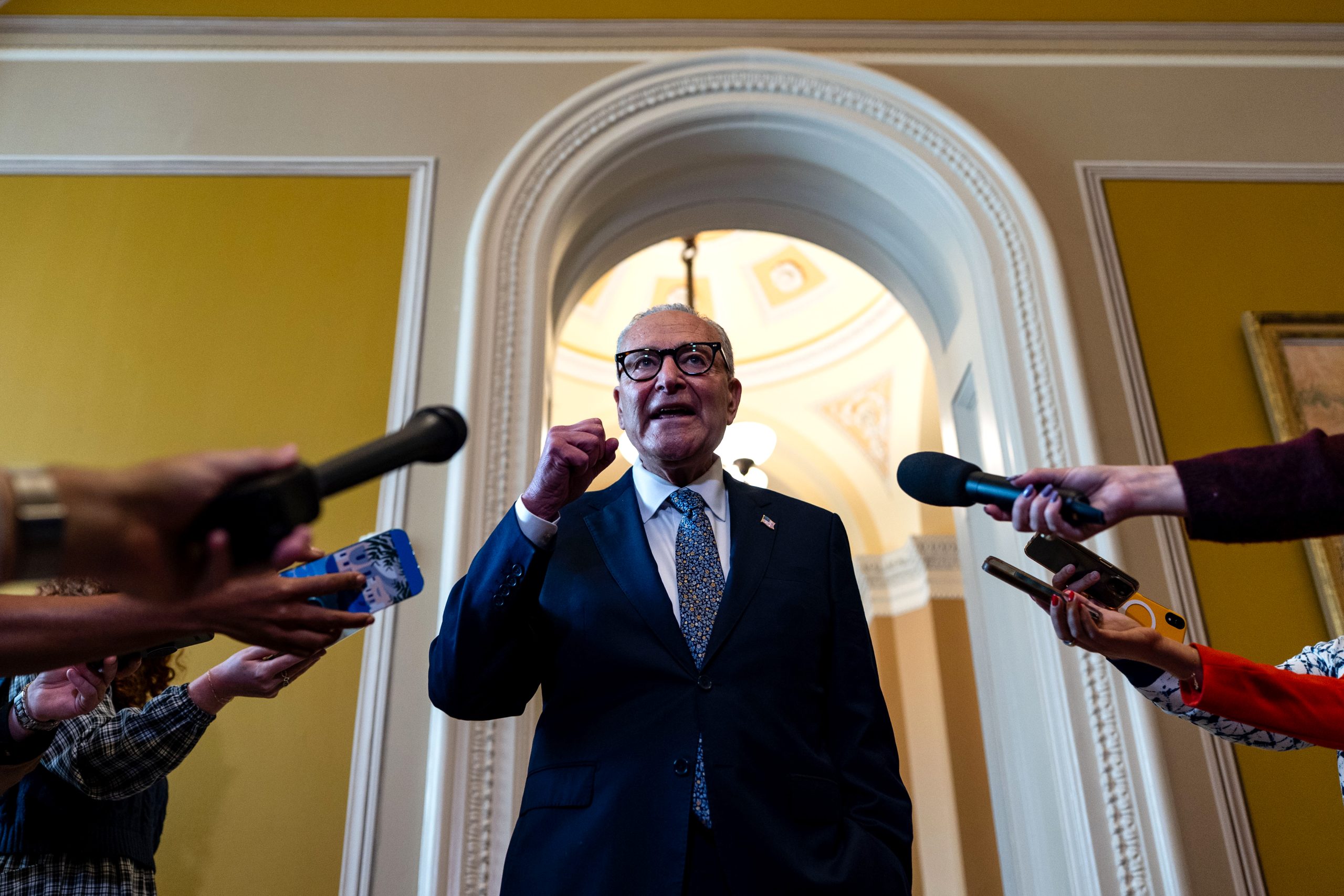President Donald Trump’s swift response to the assassination of conservative commentator Charlie Kirk has ignited a firestorm of controversy and raised serious concerns about the potential erosion of democratic norms. Hours after the killing, with the perpetrator’s identity and motives still shrouded in mystery, Trump pointed a finger squarely at the “radical left,” vowing a sweeping crackdown on those he deemed responsible. This immediate, accusatory response, delivered in a televised Oval Office address, has sparked fears of a politically motivated witch hunt and a chilling effect on free speech and political dissent.
The President’s Accusations and the Absence of Evidence
Trump’s statement, promising to identify and punish “each and every one of those who contributed to this atrocity,” lacked specifics. He broadened the scope of his threat to include organizations and individuals providing financial or ideological support to what he termed “political violence.” This vague language, coupled with the absence of concrete evidence linking the left to Kirk’s murder, has fueled concerns that this is a calculated attempt to exploit a tragedy for political gain, rather than a genuine pursuit of justice. The lack of due process and the immediate targeting of a specific political ideology represent a grave departure from established investigative procedures.
Echoes of Authoritarianism and the Right-Wing Response
The President’s rhetoric found immediate resonance within certain segments of the right-wing media and political landscape. Prominent commentators, without offering any evidence, directly implicated progressive donors and non-profit organizations, even calling for action against the Democratic Party itself. This coordinated response suggests a pre-existing strategy to leverage any event that could be framed as an attack on conservatives to justify a broader assault on the political left. The calls for retribution echo the rhetoric of authoritarian regimes, prioritizing swift punishment over careful investigation and due process.
A Dangerous Precedent for the Future of American Politics?
Trump’s actions set a dangerous precedent. By bypassing investigative processes and preemptively assigning blame to a specific political group, he normalizes the targeting of political opponents through accusations and intimidation. Such tactics undermine faith in the rule of law and create an environment of fear, potentially chilling political discourse and discouraging open debate. The lack of concrete evidence further fuels concerns that this response serves as a distraction from legitimate policy issues and an attempt to consolidate political power. The long-term consequences of this approach could severely damage the integrity of American democracy and the principles of fairness and justice it is supposed to uphold. The coming days and weeks will be critical in determining the extent of this crackdown and its ultimate impact on the political landscape.
CONCLUSION: President Trump’s response to the killing of Charlie Kirk represents a significant departure from established norms of political discourse and due process. His accusations, lacking evidence, and the subsequent calls for retribution from within the right-wing echo chamber raise serious concerns about the potential for political repression and the erosion of democratic institutions. The long-term ramifications of this event remain to be seen, but the immediate reaction underscores a deeply troubling trend in American politics.
Based on materials: Vox





